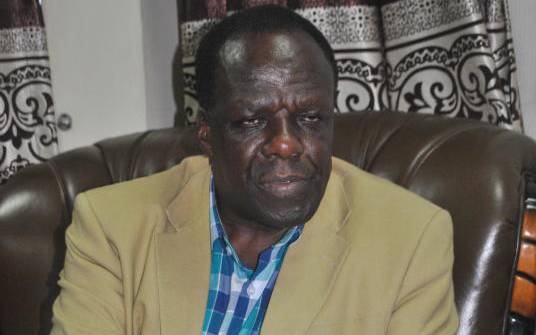×
The Standard e-Paper
Home To Bold Columnists

Kakamega Governor Wycliffe Oparanya explains how his healthcare has benefited over 39,000 women in the county and now targeting 60,000 women at a budget of Sh200 million. [Photo: Duncan Ocholla/Standard]
The Council of Governors (CoG) chairman and Kakamega Governor Wycliffe Oparanya has described devolution as a success story, citing “improved healthcare” across all the 47 counties.